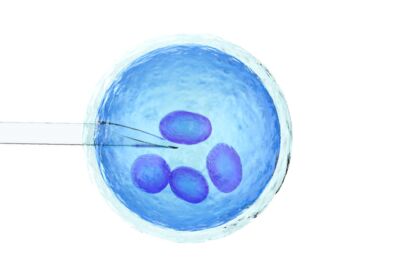
Infertility – Myths & Facts
✗Proper diet and exercise will help in preserving your fertility.
✓The quality of a woman’s eggs tends to decline as her age progresses, irrespective of how healthy she is.
✗Consuming birth control pills will make it difficult to get pregnant.
✓Birth control pills don’t affect your fertility. Research indicates that once you stop taking the pills, the process of ovulation will start normally within three months and possibly even sooner.
✗In order to get pregnant quickly, you should have sex daily.
✓Sperm is alive for a period of 38 to 72 hours in your reproductive tract. As a result, there’s no reason to overload it. Moreover, having sexual intercourse more than once a day, and repeatedly for a few days, might reduce the sperm count.
✗Age doesn’t influence fertility.
✓Age is, perhaps, the foremost factor that affects fertility.
✗Poor nutrition level doesn’t influence fertility.
✓An individual’s nutrition level does have an effect on fertility. Being extremely thin or too obese can reduce fertility. Women who do not consume sufficient calories and fats may not be able to ovulate normally. This could, in turn, reduce their chances of becoming pregnant. On the contrary, being overweight or obese can also have negative implications on the ability of a person to conceive, as obesity can disrupt the normal functioning of hormones and fertility.
✗Smoking doesn’t have any effect on fertility.
✓Smoking cigarettes does reduce fertility. This holds true for both assisted (IVF) and non-assisted reproduction.
✗The type of food that you consume has an impact on fertility.
✓This is not true. Some studies have indicated that consuming more (or sometimes less) soya affects fertility as it contains Phytoestrogens. However, until now, there isn’t enough scientific evidence to prove that certain foods have an impact on fertility.
✗Caffeine has an adverse impact on fertility.
✓This is quite unlikely. Consumption of Caffeine might not enhance infertility.
✗Stress does not reduce fertility.
✓A reasonable amount of stress may not cause infertility. However, excessive stress does have a negative impact on our physical and mental health. A recent study indicates that women who undergo stress reduction courses have considerably greater success with IVF. Hence, it’s obvious that extreme stress could affect the reproductive cycle too.


